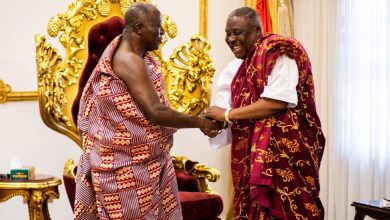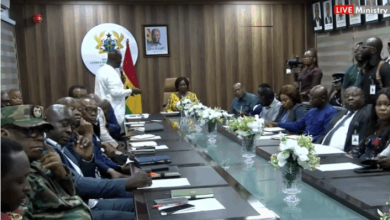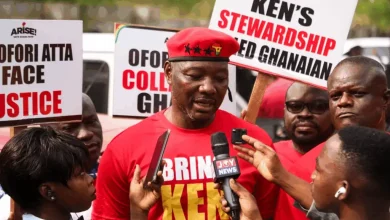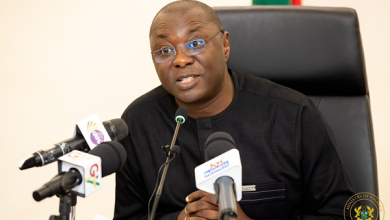EPA to enhance Ghana’s COP participation with pre-conference training

The Environmental Protection Agency (EPA) is set to bolster Ghana’s participation in the upcoming Conference of the Parties (COP) in Brazil later this year with a series of comprehensive training sessions.
This initiative, spearheaded by the Acting Chief Executive Officer of the EPA, Professor Nana Ama Klutse, aims to significantly enhance Ghana’s ability to advocate for its interests and contribute to meaningful climate action.
She said this at a recent forum to reflect on the global goal of adaptation and the outcomes of COP29.
The forum highlighted that nations failed to agree on binding commitments to phase out fossil fuel subsidies at COP29.
The forum noted that one of the most significant barriers to decarbonization is subsidies, as they distort energy markets and slow the adoption of cleaner alternatives.
Key areas of focus for Ghana at the forum include adaptation, climate finance, agriculture, and gender mainstreaming.
Professor Klutse emphasized the critical need for Ghana to translate global climate commitments into tangible national actions.
“It’s a crucial platform for us to assess the outcomes of COP29, to strategize on the way forward and reaffirm Ghana’s dedication to building resilience and sustainability,” she said.
She noted that recognizing the complexities of international climate negotiations, the EPA is taking proactive steps to equip both state and non-state actors with the necessary knowledge and skills.
“We want to improve coordination for COP. We want to improve our participation and learning. So the EPA, from May, is organizing training sessions for COP negotiators and participants.
“All of you who want to participate in COP, irrespective of your constitution, irrespective of your expertise, you all have experience, you have to come and see me. Just come and train under the EPA. We need to properly coordinate our participation and contribution at COP,” she said.
She said the training sessions for COP30 were supported by the recently passed EPA Act, with an emphasis on building the capacities of Ghanaian participants at the summit.
Professor Klutse said they would focus on building capacity, providing guidance on the structures of COP, and ensuring that Ghana’s negotiation teams were well-prepared to communicate the nation’s climate vulnerabilities and priorities effectively.
Professor Klutse highlighted the importance of having accurate data and statistics to convey the severe impacts of climate change on Ghana.
“We need to have our figures right, our statistics. We need to communicate them also correctly with trainees and negotiators,” she said.
Source: GNA










